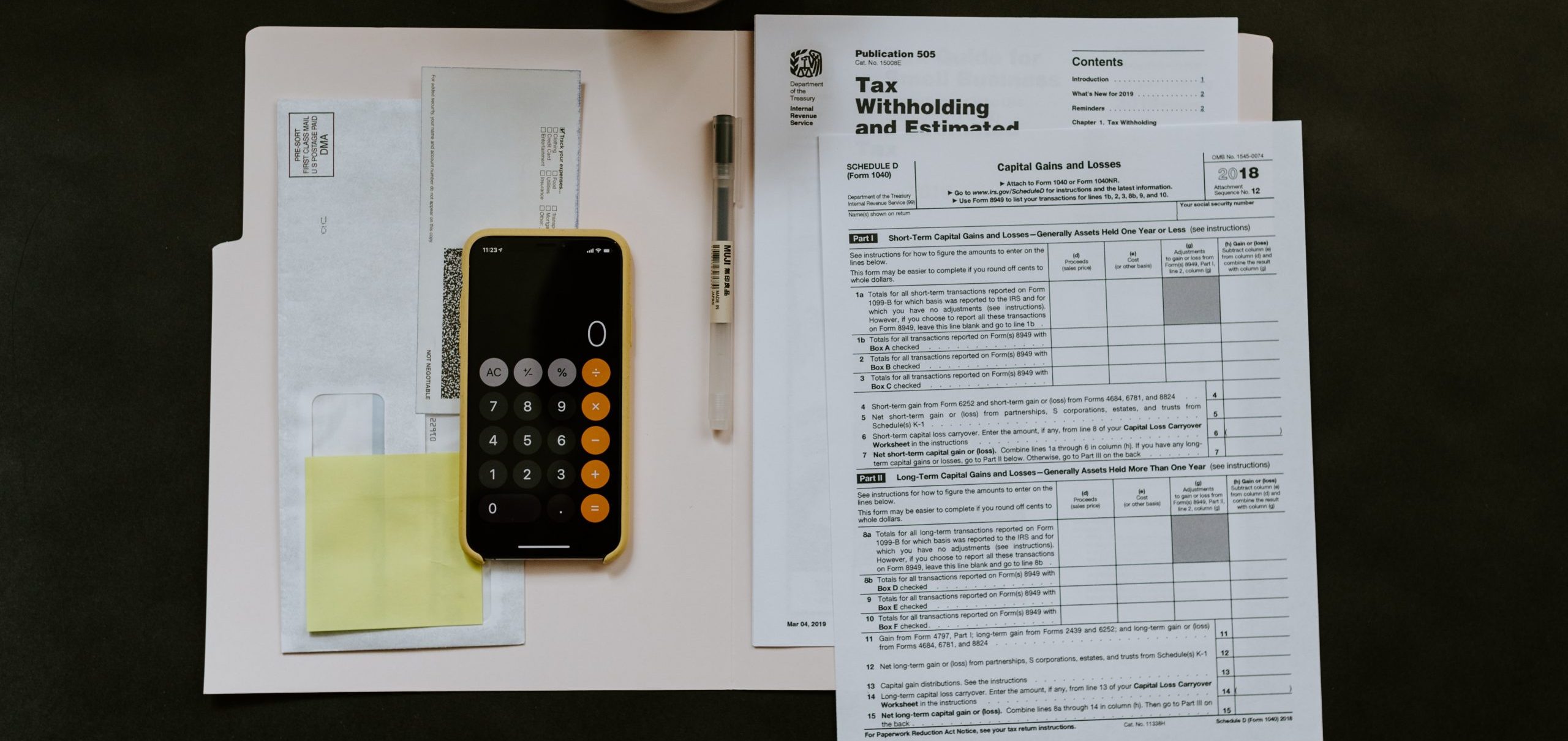Interest rate issue in property loan contract

1. Loan interest rate agreed by the parties
Article 468 of the Civil Code 2015 has very specific provisions on interest rates as follows:
“In case the parties have an agreement on the interest rate, the agreed interest rate must not exceed 20%/year of the loan amount, unless otherwise provided by other relevant laws. At the proposal of the Government, the National Assembly Standing Committee decides to adjust the above interest rates and reports to the National Assembly at the nearest meeting.
In case the agreed interest rate exceeds the limit interest rate specified in this Clause, the excess interest rate will not take effect.
2. In case the parties have an agreement on interest payment, but do not specify the interest rate and there is a dispute over the interest rate, the interest rate shall be determined equal to 50% of the limit interest rate specified in Clause 1 of this Article at time of repayment”.
The provisions of Article 468 of the Civil Code 2015 is one of the important changes and is considered to be able to limit the inadequacies in the application of regulations on interest rates under the 2005 Civil Code. Accordingly, the loan interest rate is agreed upon by the parties themselves, if the loan is profitable, the agreed interest rate must not exceed 20%/year of the loan amount, unless otherwise provided for by law, unlike the agreed-upon interest rate calculation method according to the reference level. is the basic interest rate of the State Bank as prescribed in Clause 1, Article 476 of the Civil Code 2005 “The loan interest rate shall be agreed upon by the parties but must not exceed 150% of the basic interest rate announced by the State Bank for with the respective loan type.”
2. About the interest rate
According to the provisions of Clause 1, Article 468 of the Civil Code 2015, “In case the agreed interest rate exceeds the limit interest rate specified in this Clause, the excess interest rate will not take effect”. Thus, the maximum interest rate in property loan contracts agreed upon by the parties under the Civil Code 2015 is not more than 20%/year (ie 1.7%/month).
The loan interest rate shall be agreed by the parties but must not exceed 150% of the basic interest rate announced by the State Bank according to the provisions of Clause 1, Article 476 of the 2005 Civil Code. According to Decision No. 2868/QD-NHNN dated On November 29, 2010 of the State Bank of Vietnam, about the basic interest rate of Vietnam dong to calculate the interest rate, the basic interest rate is 9%/01 year, ie 0.75%/01 month. The highest interest rate agreed by the involved parties under the provisions of Clause 1, Article 476 of the Civil Code in 2015 is 1.125% per month (ie 13.5% per year).
Comparing regulations on interest rates between the 2005 Civil Code and the 2015 Civil Code, the Civil Code 2015 stipulates that the highest interest rate agreed upon in civil contracts for property loans is 20%, regardless of the interest rate. The basic interest rate is set by the State Bank. The interest rate according to the Civil Code of 2015 is higher than that of the Civil Code of 2005 for the purpose of minimizing the difference in interest rates in common civil contracts with credit contracts, and equalize into property loan transactions.
3. In case of unknown interest rate or interest rate dispute
According to the provisions of Clause 2, Article 468 of the Civil Code 2015, “in case the parties have an agreement on the payment of interest, but the interest rate is not clearly defined and there is a dispute over the interest rate, the interest rate shall be determined equal to 50% of the interest rate. limit rate specified in Clause 1, Article 468 of this Code at the time of debt repayment”. According to this regulation, the interest rate in case of unknown or disputed will be 10%/01 year (ie 0.83%/month).
Compared with the provisions of Clause 2, Article 476 of the Civil Code 2005, “in case the interest rate is unclear or the parties have a dispute over the interest rate, the basic interest rate announced by the State bank corresponding to the period of time shall apply. loan term at the time of repayment”. According to this regulation, the disputed interest rate is 0.75%/01 month. Thus, the interest rate in case of unknown or disputed interest rate under the provisions of the Civil Code in 2015 does not depend on the basic interest rate of the State Bank and the interest rate is larger than the provisions of the Civil Code in 2015. 2005.
Thus, the new interest rate regulation has overcome the weaknesses in interest rates according to the 2005 Civil Code.
4. Regarding the performance of overdue debt repayment obligations
– In case of overdue interest-free loan
According to the provisions of Clause 4, Article 466 of the Civil Code 2015, the case of interest-free loans. If the loan is overdue, the borrower must bear the interest rate specified in Clause 2, Article 468 of this Code (ie 50% of the interest rate compared to the maximum loan interest rate agreed upon by the parties). In this case, the applicable interest rate is the same as in the case of unknown or disputed interest rates.
– In case of loan with interest overdue
According to the provisions of Clause 5, Article 474 of the Civil Code 2005, in case a loan has interest but when due, the borrower does not pay, the borrower must pay interest on the principal and overdue debt at the basic interest rate set by the State Bank of Vietnam. statement corresponding to the loan term at the time of repayment. Thus, the overdue interest rate under the old regulations is lower than the maximum interest rate agreed by the parties (the Borrower only has to bear the interest rate of 0.75%). This conflicts with the interest rate within the maximum term agreed upon by the parties, which does not protect the interests of the lender; create conditions for the borrower to be insolvent to repay the debt.
According to the provisions of Clause 5, Article 466 of the Civil Code 2015, in case a loan has interest but when due, the borrower fails to pay or fails to pay in full, the borrower must pay interest as prescribed at point a or point b, clause 5 of this Article.
Thus, the Civil Code of 2015 clearly stipulates 2 cases of loans with interest when they are due but do not pay.
In the first case, for interest arising within the unpaid term, it must bear the interest rate as in the case of unknown or disputed interest rate (10%/year).
In the second case, in case of unpaid overdue interest, the borrower must bear an interest rate equal to 150% of the contractual loan interest rate (for example, the interest rate in the contract is 1%, overdue will be 1, 5%). Therefore, according to the new regulations, the borrower must pay the overdue interest rate in the case of a loan with interest at 150%, compared to the contractual interest rate agreed by the parties (for example: Interest rate within the term agreed by the parties). 20% together, if the borrower fails to pay by the due date, the borrower will have to bear the interest rate of 20% x 150% = 30%/year). With this regulation, it will promote the debt repayment responsibility of the borrower, protect the legitimate rights and interests of the lender, in line with the trend of practice in dispute transactions of property loan contracts.
5. Conclusion of interest rate
According to the provisions of the Civil Code 2015, besides the principal, the borrower is responsible for paying the lender the following interests:
- Interest on principal during the loan contract term = (principal debt x interest rate under the contract) x term of the loan contract.
- Interest on late payment interest during the loan contract term = [(principal debt x loan interest rate under the contract) x loan term] x 0.83 x time of late payment.
- Interest on overdue principal = principal x (150% x contractual interest rate) x overdue period.
Above is the advice of Khoa Tin on “Interest rate issues in Property Loan Contracts”
In case customers have unclear issues or need to discuss further, please call us immediately at 0983.533.005 for a free consultation.
Best regards./.
Latest news










